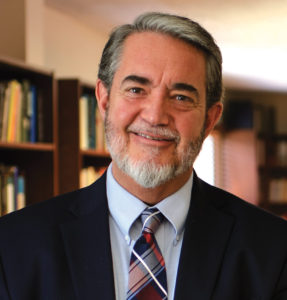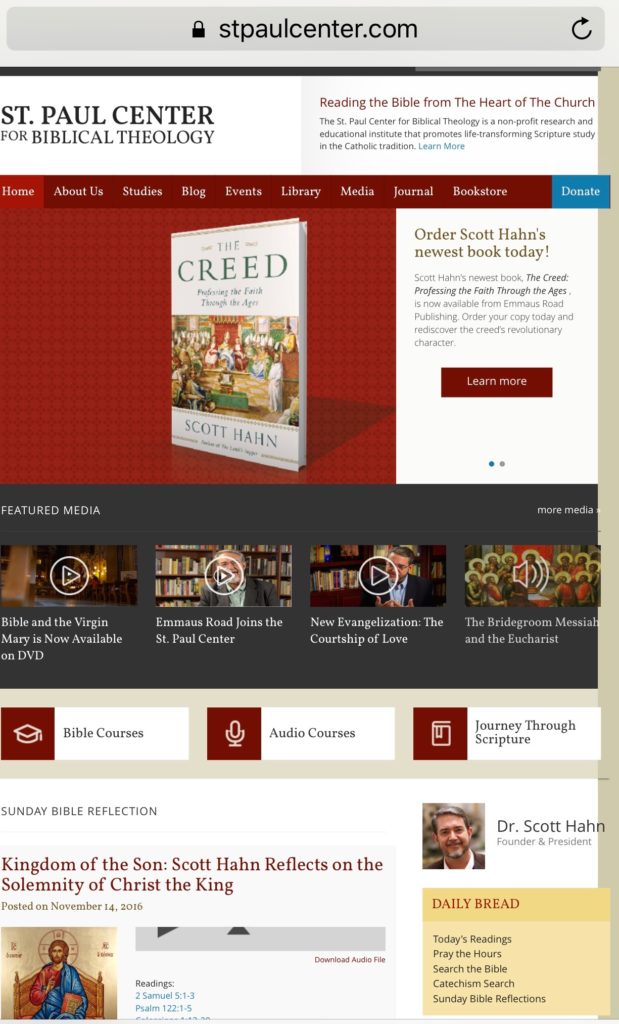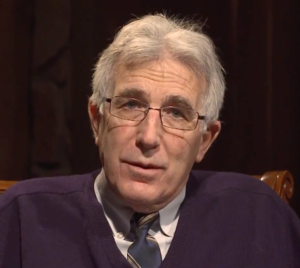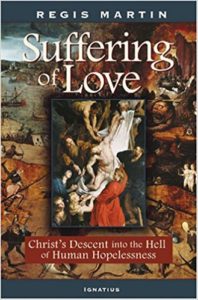Podcast: Play in new window | Download (Duration: 44:52 — 30.8MB) | Embed
Subscribe: Apple Podcasts | Spotify | Amazon Music | Android | Pandora | iHeartRadio | JioSaavn | Podchaser | Gaana | Podcast Index | Email | TuneIn | Deezer | Anghami | RSS | More

Episode 18 – The Holy Rule of St. Benedict: A Spiritual Path for Today’s World with Fr. Mauritius Wilde O.S.B., Ph.D.
Listening to God’s Voice…Obedience
From the Holy Rule of St. Benedict:
CHAPTER V
Of ObedienceThe first degree of humility is obedience without delay. This becometh those who, on account of the holy subjection which they have promised, or of the fear of hell, or the glory of life everlasting, hold nothing dearer than Christ. As soon as anything hath been commanded by the Superior they permit no delay in the execution, as if the matter had been commanded by God Himself. Of these the Lord saith: “At the hearing of the ear he hath obeyed Me” (Ps 17[18]:45). And again He saith to the teachers: “He that heareth you heareth Me” (Lk 10:16).Such as these, therefore, instantly quitting their own work and giving up their own will, with hands disengaged, and leaving unfinished what they were doing, follow up, with the ready step of obedience, the work of command with deeds; and thus, as if in the same moment, both matters — the master’s command and the disciple’s finished work — are, in the swiftness of the fear of God, speedily finished together, whereunto the desire of advancing to eternal life urgeth them. They, therefore, seize upon the narrow way whereof the Lord saith: “Narrow is the way which leadeth to life” (Mt 7:14), so that, not living according to their own desires and pleasures but walking according to the judgment and will of another, they live in monasteries, and desire an Abbot to be over them. Such as these truly live up to the maxim of the Lord in which He saith: “I came not to do My own will, but the will of Him that sent Me” (Jn 6:38).
This obedience, however, will be acceptable to God and agreeable to men then only, if what is commanded is done without hesitation, delay, lukewarmness, grumbling or complaint, because the obedience which is rendered to Superiors is rendered to God. For He Himself hath said: “He that heareth you heareth Me” (Lk 10:16). And it must be rendered by the disciples with a good will, “for the Lord loveth a cheerful giver (2 Cor 9:7). ” For if the disciple obeyeth with an ill will, and murmureth, not only with lips but also in his heart, even though he fulfil the command, yet it will not be acceptable to God, who regardeth the heart of the murmurer. And for such an action he acquireth no reward; rather he incurreth the penalty of murmurers, unless he maketh satisfactory amendment.
Father Mauritius Wilde, OSB, Ph.D., did his philosophical, theological, and doctoral studies in Europe. He is the author of several books and directs retreats regularly. He serves as Prior at Sant’Anselmo in Rome.
For more, be sure to visit The Holy Rule of St. Benedict Rule with Fr. Mauritius Wilde O.S.B. Podcast Discerning Hearts page


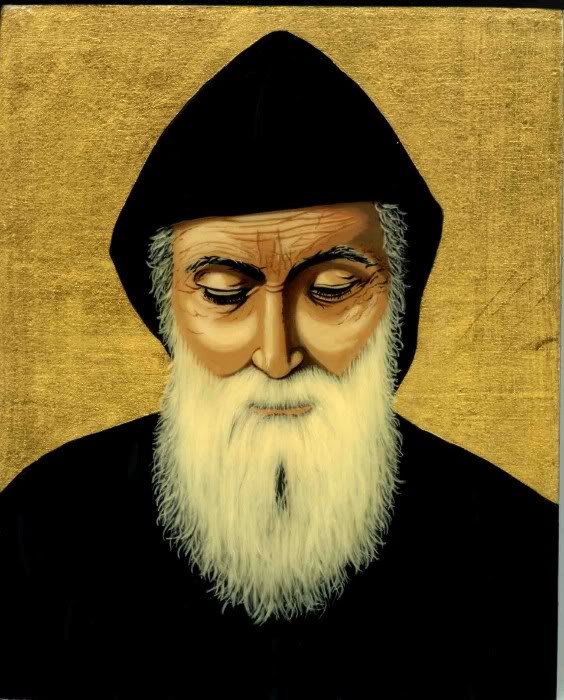
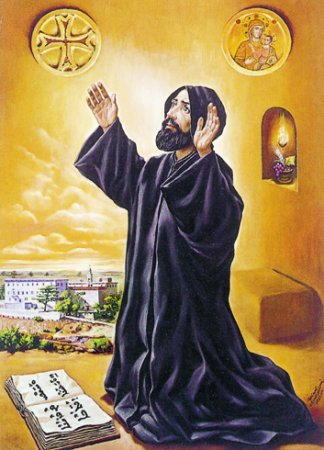
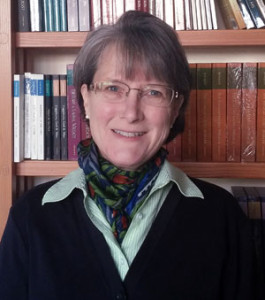
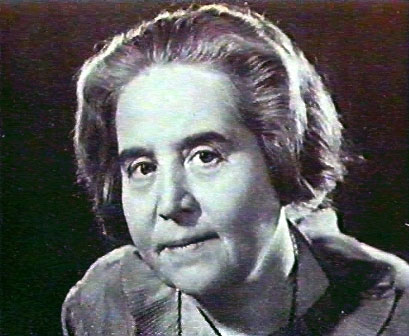
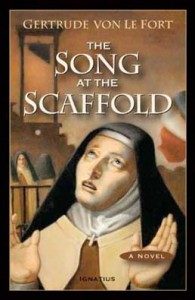



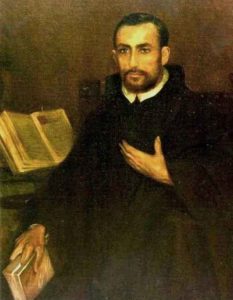
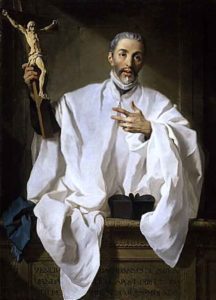 3. John of Avila was a contemporary, friend and counsellor of great saints, and one of the most celebrated and widely esteemed spiritual masters of his time.
3. John of Avila was a contemporary, friend and counsellor of great saints, and one of the most celebrated and widely esteemed spiritual masters of his time.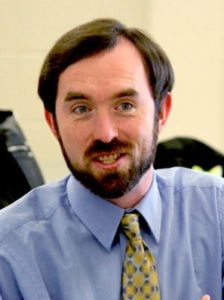 Dr. Vincent Ryan joins us to discuss Sven Stolpe’s “The Maid of Orleans: The Life and Mysticism of Joan of Arc”.
Dr. Vincent Ryan joins us to discuss Sven Stolpe’s “The Maid of Orleans: The Life and Mysticism of Joan of Arc”.
